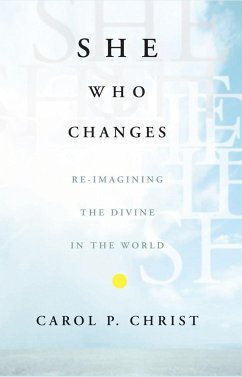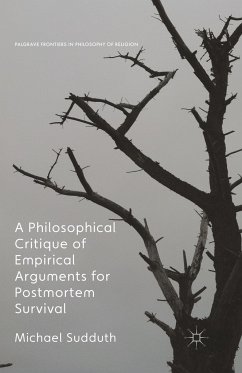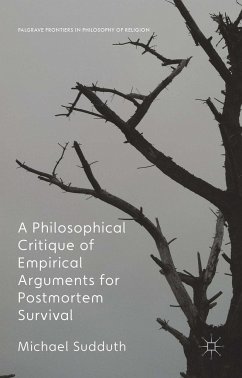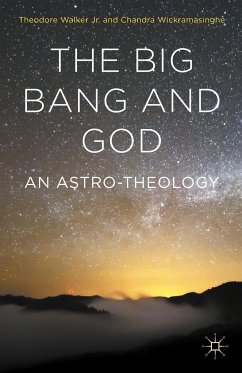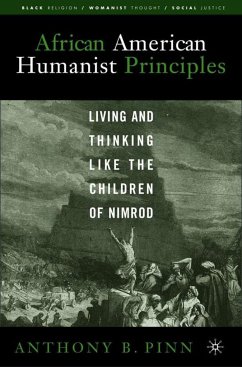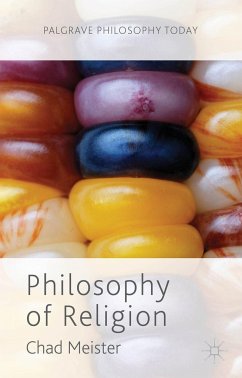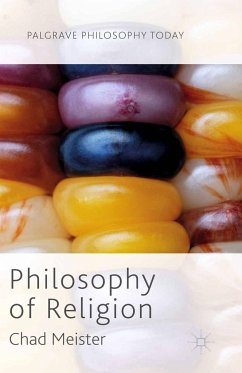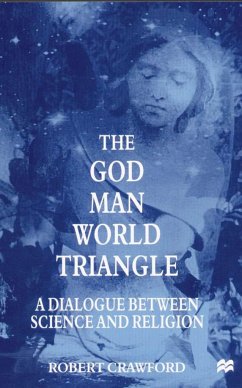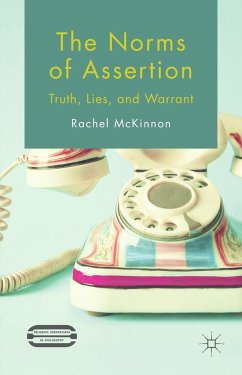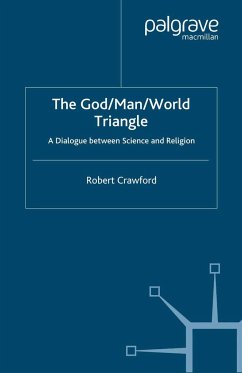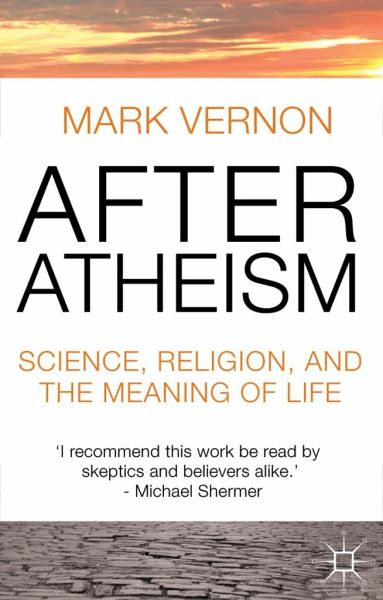
Versandkostenfrei!
Versandfertig in 6-10 Tagen
Weitere Ausgaben:

PAYBACK Punkte
19 °P sammeln!





If science has replaced God, is life necessarily meaningless? This book argues that the advances of science and the retreat of religion in secular society does not have to mean a life without spirituality.
Mark Vernon began his professional life as a priest in the Church of England, left an atheist, and is now a searching agnostic on such things. He is a writer and journalist, other titles including After Atheism and Wellbeing, part of the Art of Living series he edits. He writes regularly for the Guardian and the TLS, is on the faculty at The School of Life in London, and is an honorary research fellow at Birkbeck College, London. He has degrees in physics and theology, and a PhD in philosophy.
Produktdetails
- Verlag: Palgrave Macmillan / Palgrave Macmillan UK / Springer Palgrave Macmillan
- Artikelnr. des Verlages: 978-0-230-01342-1
- 2007 edition
- Seitenzahl: 198
- Erscheinungstermin: 12. November 2007
- Englisch
- Abmessung: 216mm x 141mm x 12mm
- Gewicht: 257g
- ISBN-13: 9780230013421
- ISBN-10: 0230013422
- Artikelnr.: 23397707
Herstellerkennzeichnung
Libri GmbH
Europaallee 1
36244 Bad Hersfeld
gpsr@libri.de
'Between religion and atheism is a third way into which Vernon takes his readers. It is a challenging, cogently argued perspective.' - Good Book Guide
'For twenty years I have been waiting for a book that exposes the empty certainties of religious fundamentalism and its secular twin: scientific triumphalism. Mark Vernon has delivered that and much, much more.' - Mark Dowd, broadcaster and film-maker
'He defends ambiguity and undecidability with an almost Evangelical zeal. And because he writes with such a delicate blend of deft coolness on the one hand, and fervour on the other, many are likely to be both enchanted and persuaded by his apologetics. - Martyn Percy, Church Times
'The strength of the book...is in challenging false certainties, whether pseudo-scientific or pseudo-religious.' - Dolan Cummings, The Institute of Ideas
'This book is more than a well-reasoned argument for agnosticism; it is a timely reminder of the recognition of human limits, in all areas, and a suggestion that the possibility of living within the mystery that is the world can be a good thing.' - Robert L. Smith, Jr., International Journal of Public Theology
'For twenty years I have been waiting for a book that exposes the empty certainties of religious fundamentalism and its secular twin: scientific triumphalism. Mark Vernon has delivered that and much, much more.' - Mark Dowd, broadcaster and film-maker
'He defends ambiguity and undecidability with an almost Evangelical zeal. And because he writes with such a delicate blend of deft coolness on the one hand, and fervour on the other, many are likely to be both enchanted and persuaded by his apologetics. - Martyn Percy, Church Times
'The strength of the book...is in challenging false certainties, whether pseudo-scientific or pseudo-religious.' - Dolan Cummings, The Institute of Ideas
'This book is more than a well-reasoned argument for agnosticism; it is a timely reminder of the recognition of human limits, in all areas, and a suggestion that the possibility of living within the mystery that is the world can be a good thing.' - Robert L. Smith, Jr., International Journal of Public Theology
Für dieses Produkt wurde noch keine Bewertung abgegeben. Wir würden uns sehr freuen, wenn du die erste Bewertung schreibst!
Eine Bewertung schreiben
Eine Bewertung schreiben
Andere Kunden interessierten sich für




